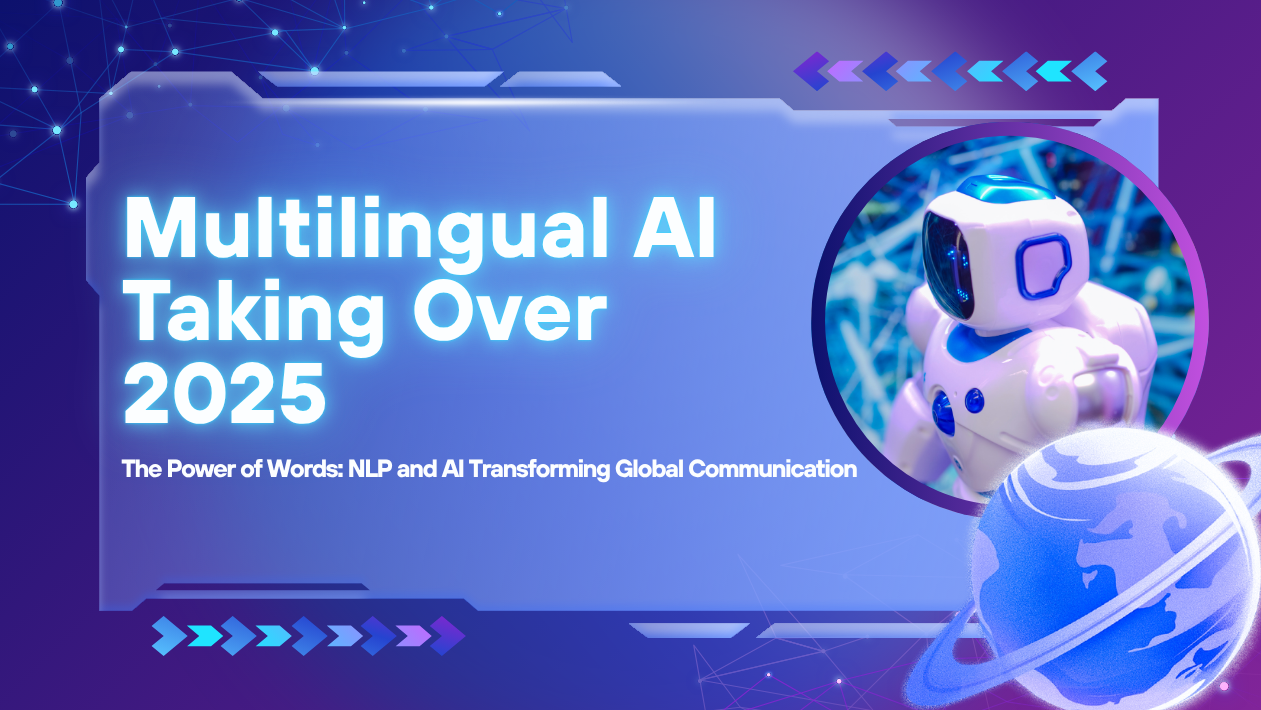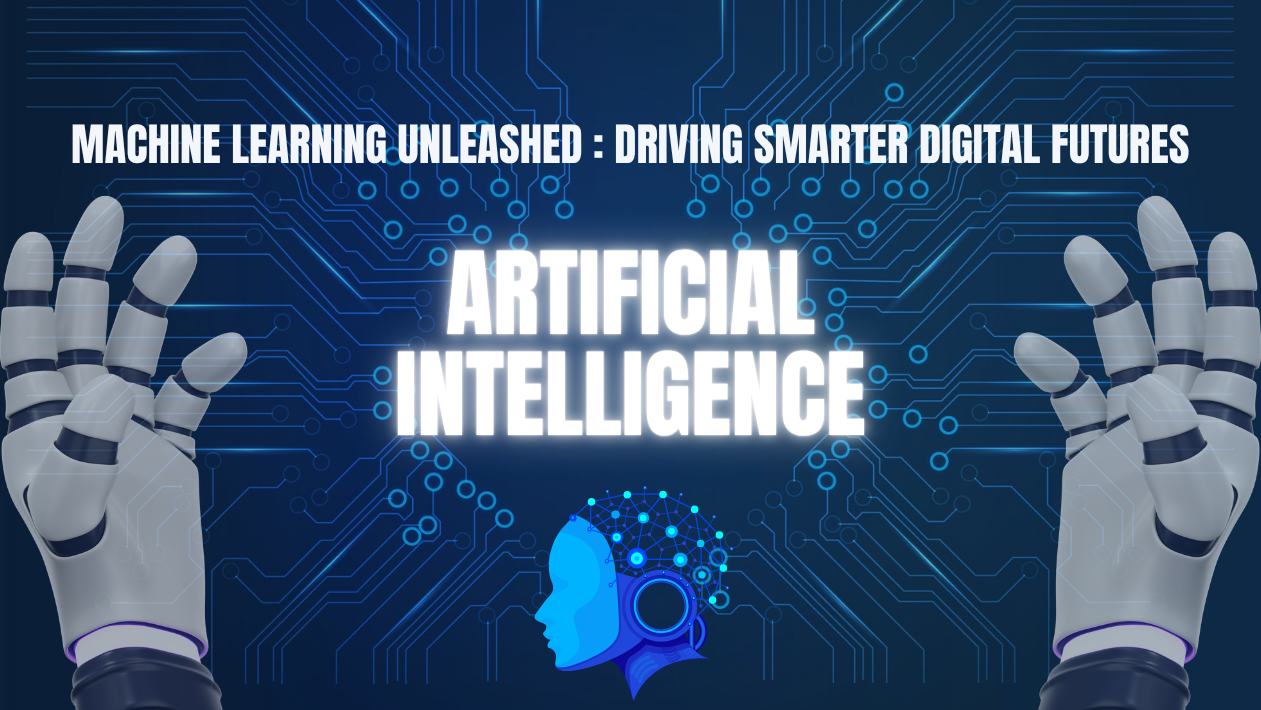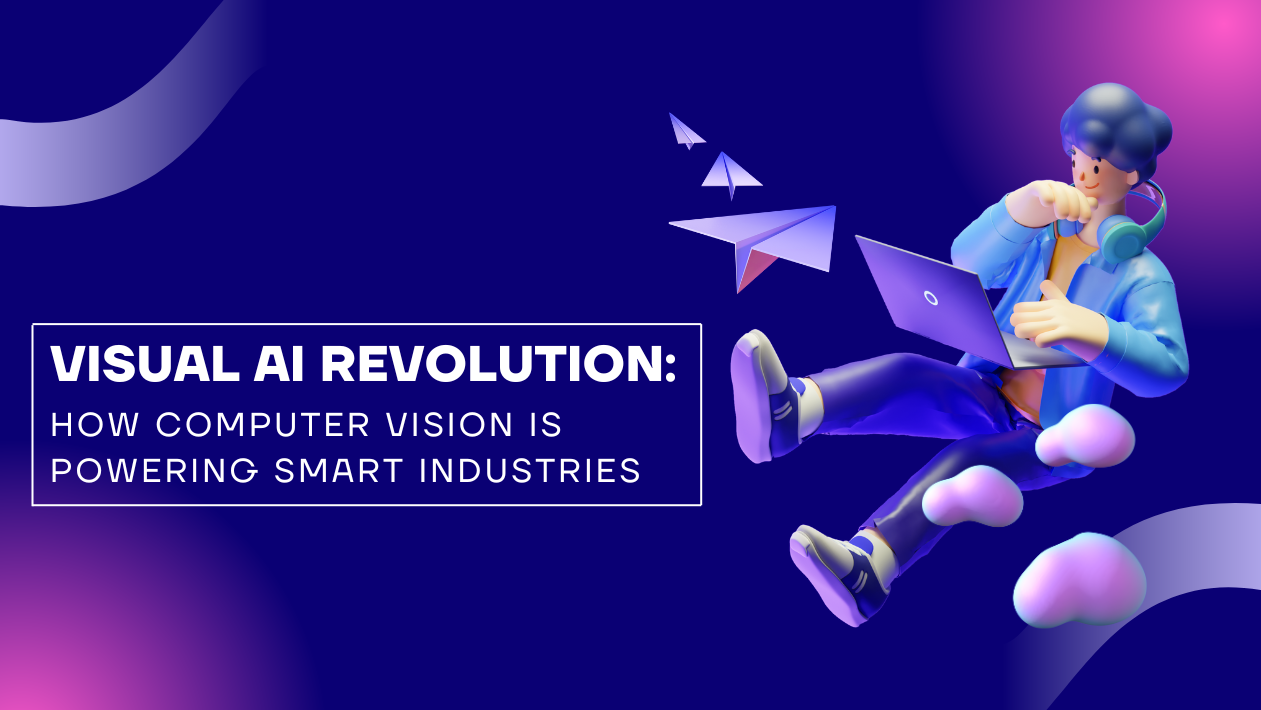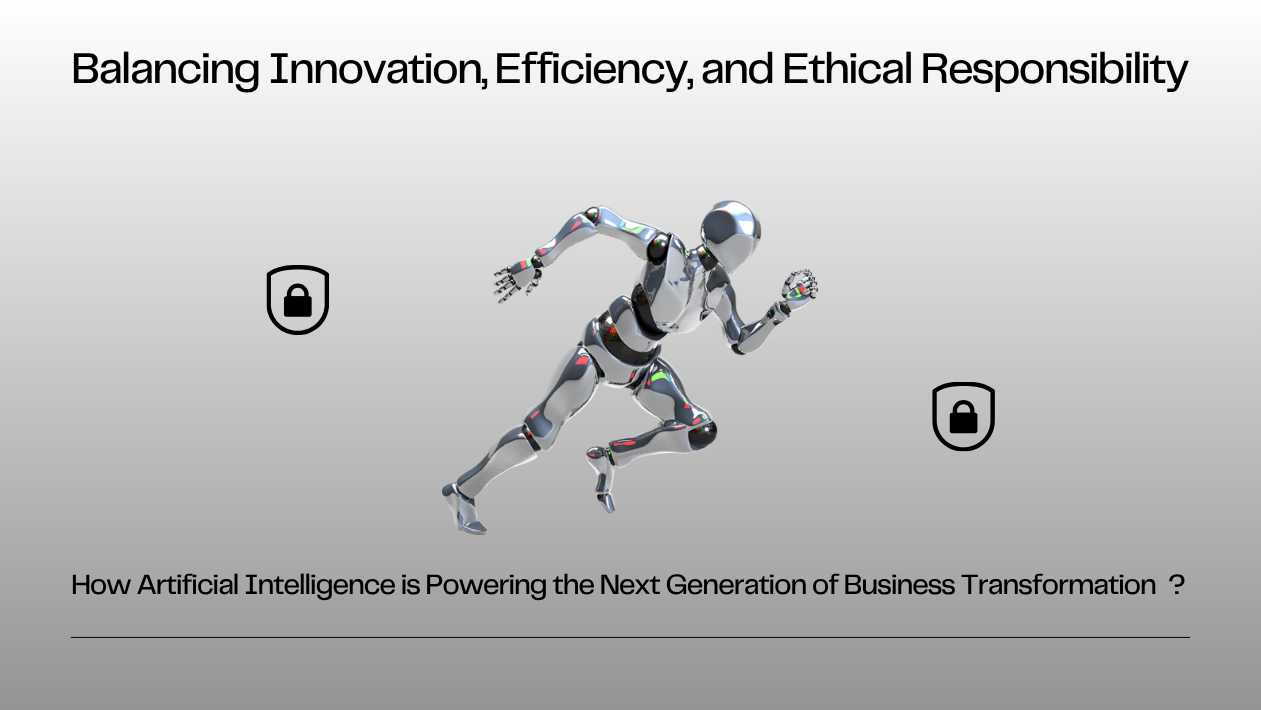Natural Language Processing (NLP) is reaching unprecedented heights in 2025, transforming how humans interact with machines across industries. With the rise of multilingual LLMs, emotionally intelligent chatbots, and domain-specific language models, businesses are adopting NLP faster than ever before to streamline operations, enhance customer experience, and unlock new market insights.
Multilingual Large Language Models Power Global Communication
The release of multilingual AI models like OpenAI’s GPT-5, Google Gemini, and Meta’s SeamlessM4T have enabled fluid, real-time conversations across 100+ languages. These models now understand regional dialects, cultural nuances, and even code-switching, making global collaboration more accessible and accurate.
Startups and global enterprises alike are integrating these capabilities into translation apps, legal tech, and international customer support platforms.
Emotionally Intelligent Chatbots Reshape Customer Service
In 2025, NLP chatbots aren’t just answering questions—they’re detecting emotion, intent, and urgency. With advanced sentiment analysis and context tracking, these bots escalate issues at the right time and personalize responses based on tone and behavior.
Companies in banking, retail, and healthcare have reduced churn and improved satisfaction scores by deploying empathetic AI agents that act more like humans than scripts.
NLP in Healthcare: From Diagnosis to Documentation
In the medical field, NLP tools are being used to automatically transcribe and structure clinical notes, enabling faster diagnoses and reducing physician burnout. NLP algorithms are even analyzing patient feedback and social media to detect public health trends and improve service delivery.
Startups like Nabla, Suki AI, and DeepScribe are leading innovation in this space.
Enterprise NLP: Unlocking Data from Unstructured Text
Companies are tapping into NLP to extract insights from massive volumes of emails, call transcripts, support tickets, and documents. Tools like AWS Comprehend, Azure Text Analytics, and open-source models are helping transform unstructured data into actionable intelligence for marketing, compliance, and risk management.
Zero-Shot and Few-Shot Learning Become Standard
Thanks to advanced training techniques, NLP models can now perform tasks with minimal or zero training examples, making it easier to deploy solutions in new industries or languages. This flexibility is accelerating adoption in legal, finance, education, and government sectors.
The Road Ahead: Ethical NLP and Inclusive Language AI
As NLP systems become more integrated into daily life, ethical challenges around bias, misinformation, and language representation are under the microscope. Organizations are focusing on building inclusive datasets, improving transparency, and aligning models with human values.





